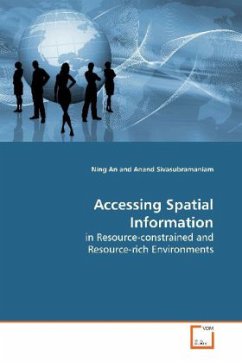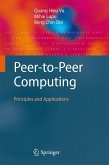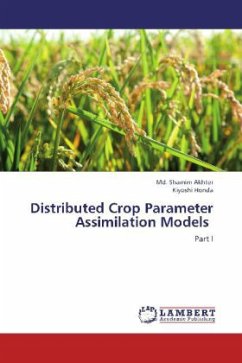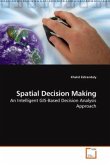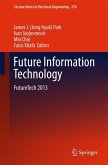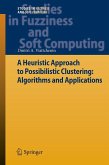Over the past three decades, spatial information has
become prevalent in numerous applications. To meet
the demands of these applications, Spatial
Information Management Systems have achieved greatly
in storing, retrieving and processing spatial
information. The continuing advancement of
technologies, however, pushes the need for accessing
spatial information in drastically different
environments. At one end of the spectrum, the widely
popular Google Map and associated Cloud Computing
technologies demonstrate the power of accessing
spatial information in resource-rich environments.
At the other end, the growing location-based
applications in Apple iPhone and Google G1 phone
platforms highlight the huge potential of accessing
spatial information in resource-constrained
environments. This monograph is the first of its
kind in analyzing spatial index structures from both
energy and performance angles in resource-constrained
environments. In addition to developing effective
techniques to address general selectivity problems,
this monograph also examines issues in accessing
spatial information in resource-rich environments
including clusters and the Web.
become prevalent in numerous applications. To meet
the demands of these applications, Spatial
Information Management Systems have achieved greatly
in storing, retrieving and processing spatial
information. The continuing advancement of
technologies, however, pushes the need for accessing
spatial information in drastically different
environments. At one end of the spectrum, the widely
popular Google Map and associated Cloud Computing
technologies demonstrate the power of accessing
spatial information in resource-rich environments.
At the other end, the growing location-based
applications in Apple iPhone and Google G1 phone
platforms highlight the huge potential of accessing
spatial information in resource-constrained
environments. This monograph is the first of its
kind in analyzing spatial index structures from both
energy and performance angles in resource-constrained
environments. In addition to developing effective
techniques to address general selectivity problems,
this monograph also examines issues in accessing
spatial information in resource-rich environments
including clusters and the Web.

